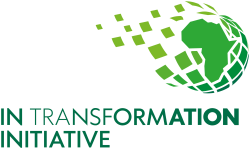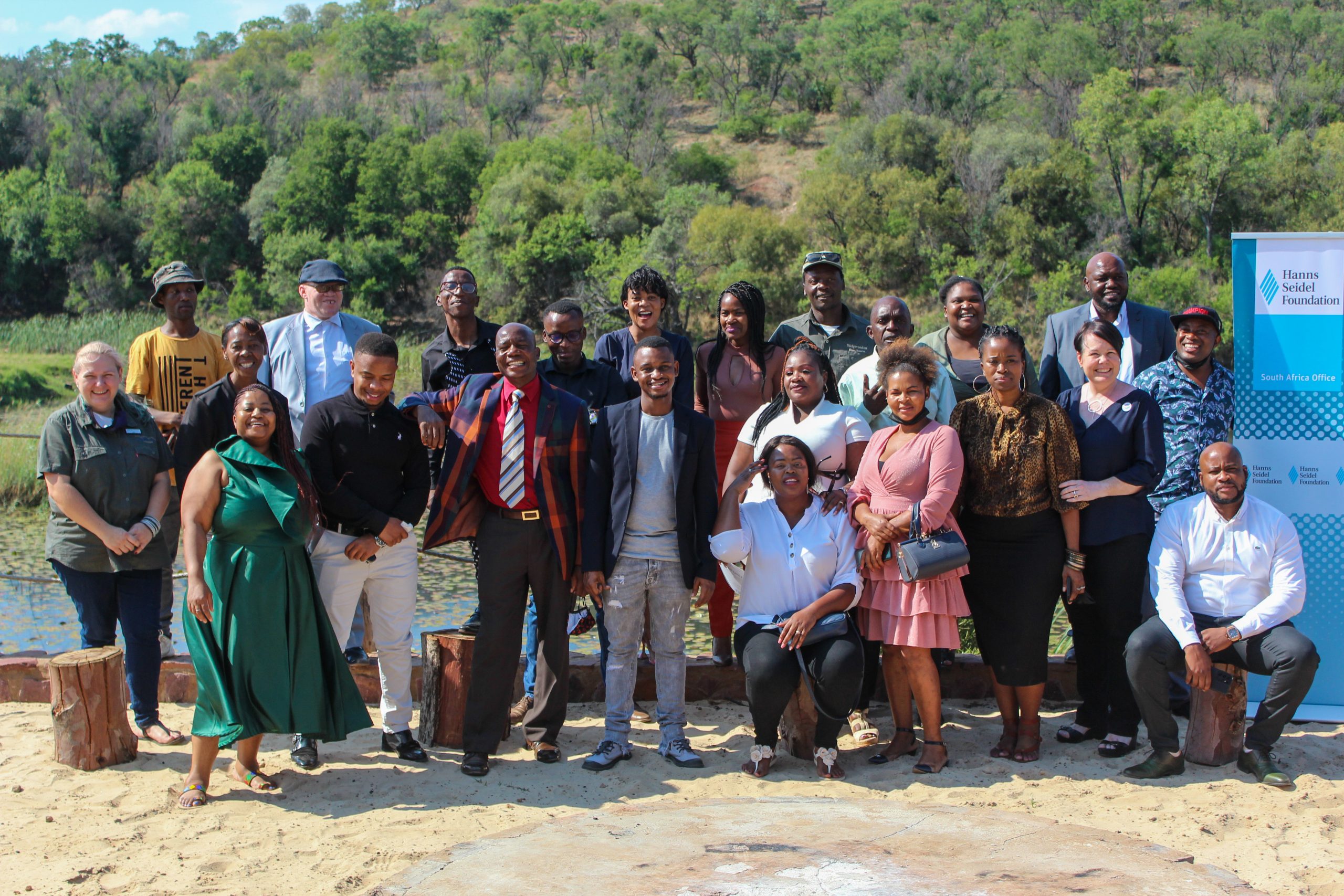To showcase and discuss some of the work and achievements that participants accomplished during the Waterberg Leadership Collaboration Training Programme from August to September this year, the In Transformation Initiative (ITI) in collaboration with the Hanns Seidel Foundation (HSF) hosted a graduation day on 17 November 2021.
The fitting setting for this ceremony was the Waterberg Game Lodge in Bela-Bela where the participants of the training programme and distinguished guests came together to celebrate the completion of the first pilot programme and discuss the progress made on the group projects undertaken by the participants, as part of the Action Learning aspect of the training. Some of the guests include representatives from Department of Cooperative Governance and Traditional Affairs (COGTA), South African Local Government Association (SALGA) Limpopo, Development Bank of Southern Africa (DBSA) Waterberg, Government Communication Information System (GCIS), Exarro, Waterberg Tourism, Anglo American, and Scale Impact.
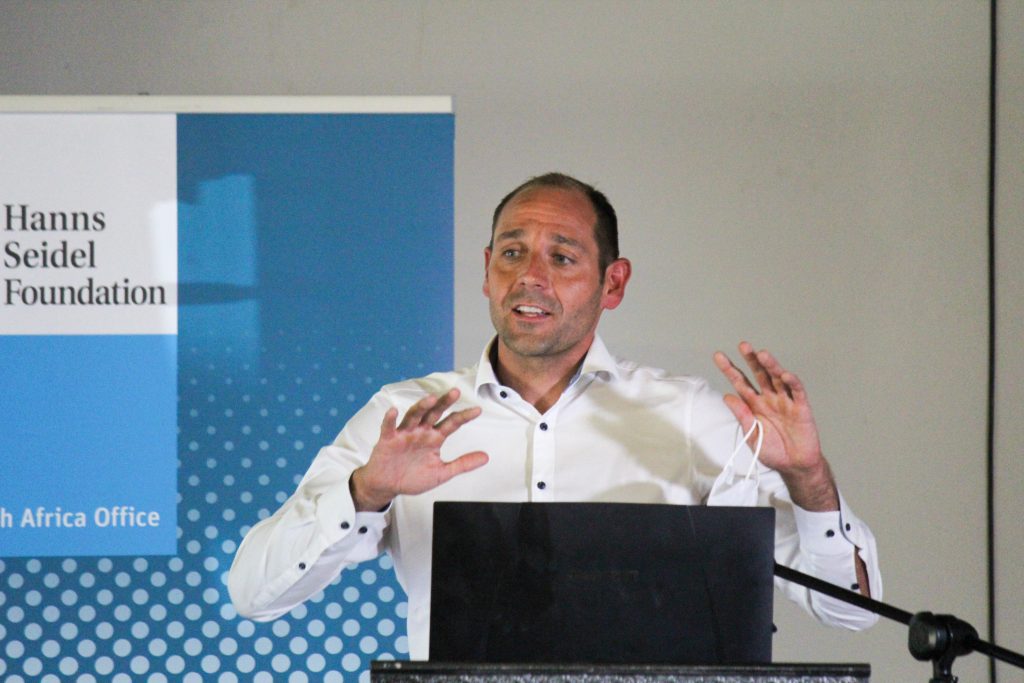
Daniel Nqwepe, from the Public Private Growth Initiative (PPGI) and one of the programme’s organisers, was the master of ceremonies for the day and kicked off the proceedings by commending the participants for their hard work and dedication, stating that the event is being held in celebration of them and centred around their committed participation in the programme.
Additional contributions were also made by distinguished guests such as Hanns Buehler from HSF, Prof Nick Binedell, from GIBS, and Prof Drikus Kriek, a convenor and trainer for the programme. Prof Kriek congratulated the participants on the progress they have made and will make, while also encouraging to take responsibility for the change they want to see. He stated: “The responsibility lies onto you to say: If not me, who else will live the change we want to see in our communities and our country?”
The aim of this programme was to strengthen leadership capacities as well as better collaboration between leaders from municipalities, business formations, members of civil society and traditional leaders in the Waterberg District.
Prof Binedell passionately spoke about pulling knowledge together to change systems in South Africa, which are lacking behind. “We can fix this thing,” was a straightforward yet important phrase Prof Nick used throughout his address, while mentioning that it will take great infrastructure, institutions, and individuals to effect such a change.
All participants were given the opportunity to present on the progress made on their Action Learning Projects, carried out as part of the practical application exercise in the fourth module of the programme. The four project groups each gave PowerPoint presentations on their problem-solving ideas for some of the identified challenges facing the Waterberg District. The projects that were presented on included the Mogalakwena Cultural Opportunities project, Addressing Illegal Signage in Bela-Bela, Solutions to Waste Management in Vaalwater; and opportunities for Thabazimbi Tourism.
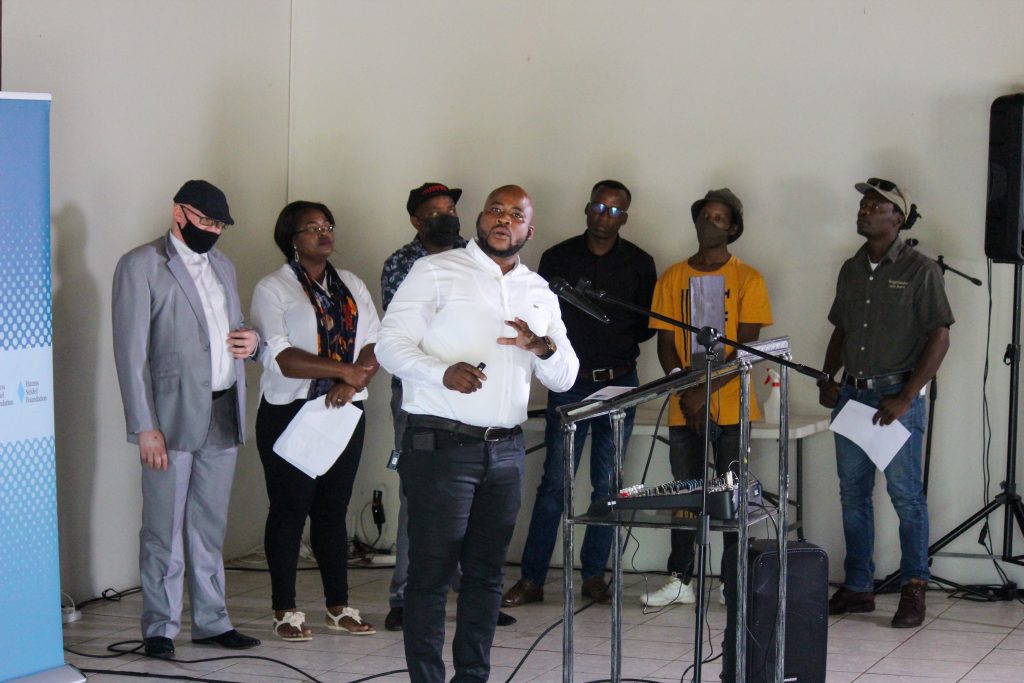
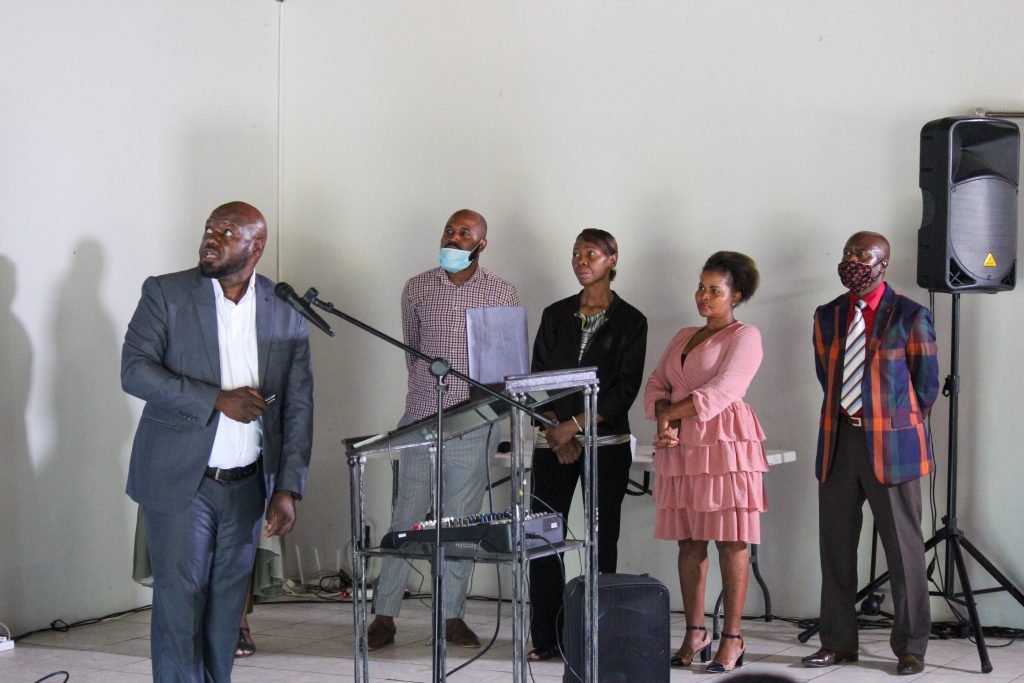
These projects focused either on untapped potential in the Waterberg district or facets of the management thereof, that may be inhibiting the district from reaching its full potential. Participants were expected to identify problem areas identified in some of the towns in the Waterberg and come up with practical strategies to solve these problems.
After these inputs, the group mentors from TAMDEV, a project by the National Business Initiative (NBI) addressed the assembly on their experience of working with the different groups and participants, the support they offered in the development of the Action Learning Projects, as well as the collaborative nature of the training programme, which enabled the participants to work with highly qualified academics, members of local municipalities and private sector stakeholders. The graduation celebration further allowed for networking opportunities between guests and the participants. Some of the participants were asked to share their personal highlights and thoughts on the impact of the training programme. Mphata Makakase, Managing Director of Relay Institute and one of the group members of the Thabazimbi Tourism project, captivated the audience with her speech.
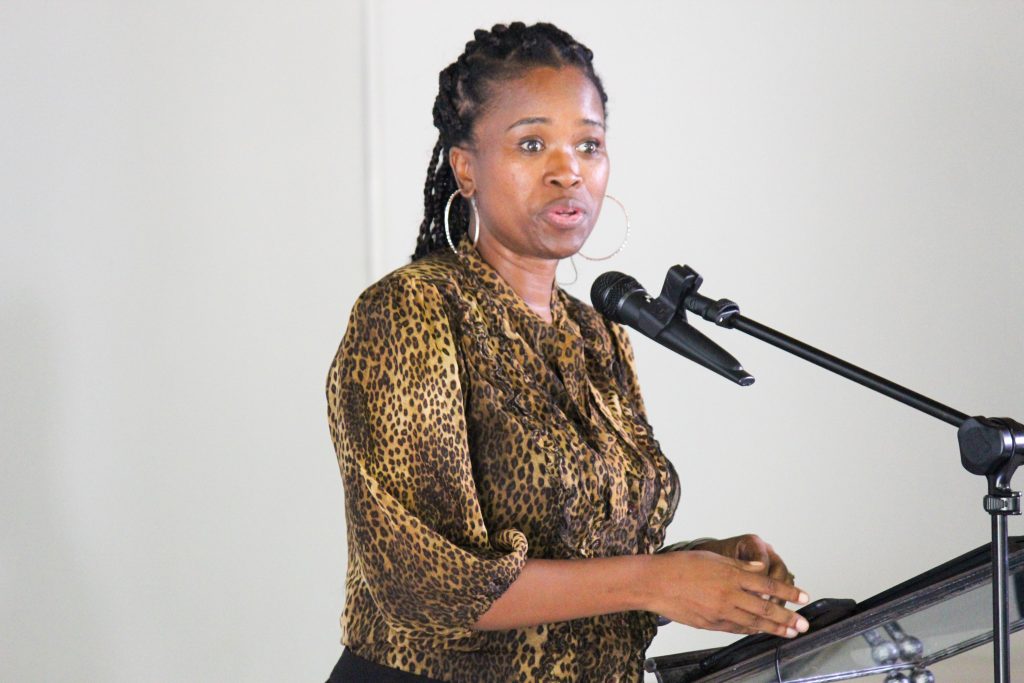
She stated that the training programme went beyond merely teaching and learning. “This was a process of building the Waterberg district as a model for local government development in South Africa.”
Makakase also referred to herself as a “transformed leader” for her community, one that will “speak boldly about the Waterberg district” for many years to come. She sees this training programme as a platform to build a legacy due to the opportunities it gives participants to make an impact and to influence others. “The learning environment was supportive with wealth of knowledge being served by the best facilitators and also supported by mentors in our assignment,” she said.
The graduation day celebrations were rounded off with an address from Jacques Blauw Director of Waterberg Tourism and the Chairman of the Thabazimbi Chairperson’s Forum. He congratulated all the participants on their commitment to improving their own leadership skills through participating in the programme, while also committing to making a positive and lasting impact in the Waterberg through their work in the Action Learning Projects. In closing, Ledile Sebati, Provincial Director of SALGA Limpopo, assisted Daniel Ngwepe in awarding all participants with certificates of participation to commemorate their commitment to the programme, the bonds they have built and the impact they can have by using the tools offered by this programme to complete the remaining milestones in the Action Learning Projects, which will be implemented into 2022 through cross sector collaboration working groups.
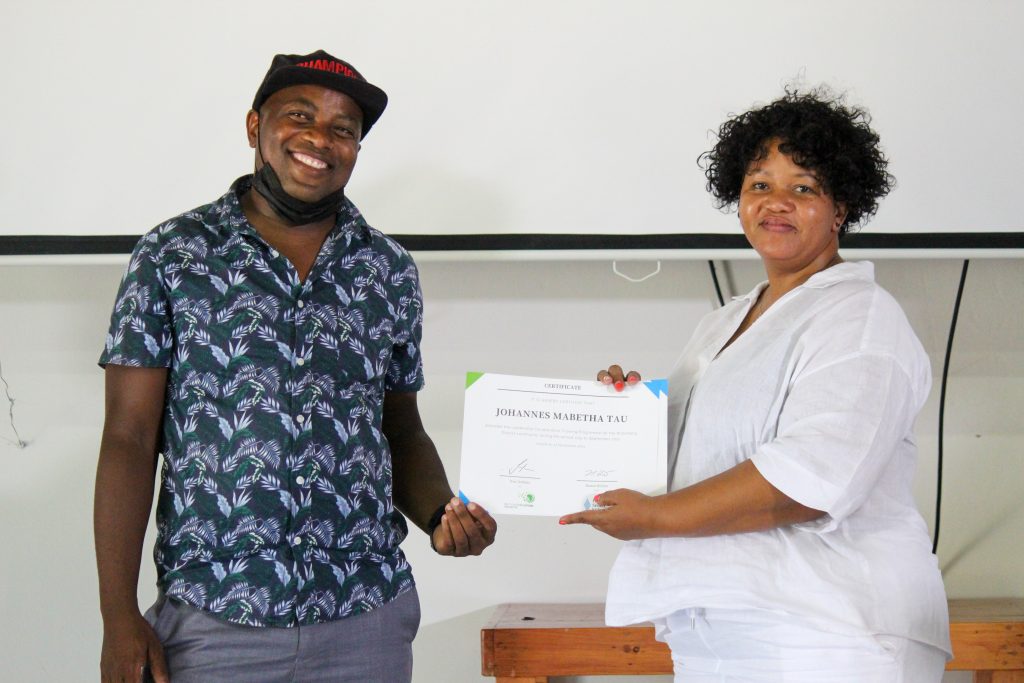
The implementation of the four selected projects will be monitored closely by the mentors as well as the project leader from ITI. The reports on the success of the programme are due next year in April, after which the programme organisers hope to escalate the programme into 2022, with the possibility of hosting another round of the course within the context of the Waterberg District pending the securing of additional funding. Ivor Jenkins, ITI Director, describes the programme as a “great alternative leadership training programme that has huge potential for the future of the Waterberg district, as well as other districts in the country”.
